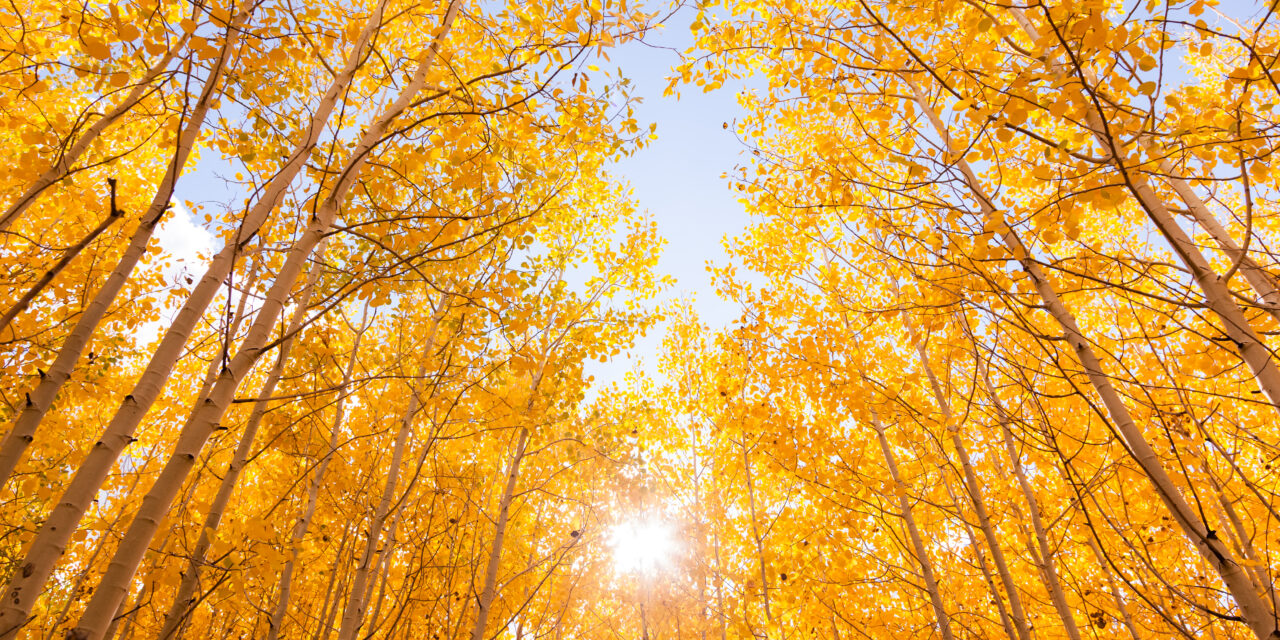On a crisp autumn morning in October of 2011, just months before she would die only days after her 80th birthday, my mother made something of a curious request.
My parents were in town here in Colorado Springs for a visit, and my father was meeting up with an old Army buddy to visit Fort Carson, a large military installation where he and Don had met and served together in the early 1950s. It was “Camp Carson” back then, and while it had grown exponentially in size, the two men were going on a tour to relive some old memories.
“Please just drop me off at the Broadmoor,” my mother told them. “You guys go ahead and spend as much time as you want. I just want to sit out on the patio.”
The Broadmoor is a world class resort in the southwestern part of our city dating back to 1916. The hotel features a large lake at the foot of Cheyenne Mountain, a site perhaps best known for housing the NORAD Combat Operations Center inside of it. But looking at a green and treed mountain on the outside, you’d never know the seriousness of what was going on beyond its granite exterior.
My Dad and Don did as my mother requested, and with a devotional book and journal in hand, Joan Batura happily shuffled off to a cushioned chair overlooking the water and mountain for several hours of silent bliss. She would later say it was one of the most enjoyable mornings of her life.
I thought of my mother when reading this morning about a new survey that found 27% of Americans reported symptoms of an anxiety disorder – up from 8% in 2019. She would have some counsel for those currently struggling.
What’s the cause for the dramatic spike?
Experts cite issues and concerns ranging from COVID fallout, gender confusion, specific political candidates (especially the former president) to climate change – even fear of outright extinction from the planet. Rarely have we lived in a more uneasy society.
Not all anxiety is equal, of course, and such a serious diagnosis of “anxiety disorder” can be complex and multi-faceted. But in many of the news stories covering the sudden increase, many of the so-called solutions tend to mask the source of the anxiety itself.
Everything from medications, nutritional supplements, heavy blankets, and even a wearable electronic device whose vibrations purport to mimic the calm of human touch are being suggested to help allay feelings of apprehension.
Yet one significant area that seems to get very little attention is a refusal to acknowledge any correlation between rising stress levels and decreasing belief in God.
Pastor John Piper has said, “The most basic battle of our life is the battle to believe in the living God, and not to allow our heart to become an evil heart of unbelief.” In other words, faith doesn’t come easily, especially when we’re constantly being bombarded with questionable claims and often hyped-up charges of looming catastrophe.
While Christians aren’t oblivious to the challenges in the world – and perhaps are even more attuned understanding man’s sinfulness and brokenness – they should be the least anxious people of all.
We know bad things happen, but we know nothing happens without God’s permission.
We know death this side of eternity is inevitable – but those who know and love the Lord never really die.
“Do not be anxious about anything,” wrote the Apostle Paul, “but in everything by prayer and supplication with thanksgiving let your requests be made known to God. And the peace of God, which surpasses all understanding, will guard your hearts and your minds in Christ Jesus” (Phil. 4:6-7).
When my father, who has also since died, picked up my mother that afternoon at the Broadmoor, she beamed when talking about her quiet time sitting in the sun by the lake. She spoke of the sound of the chimes from the Will Rogers Shrine up on Cheyenne Mountain wafting down as aspen leaves danced in the air. She spoke of her reading and prayer time, and how she was at perfect peace.
It would be my mother’s last autumn. Winter came, both literally and figuratively, but she wasn’t anxious about it at all, because she knew the best was yet to come.
Photo from Shutterstock.






